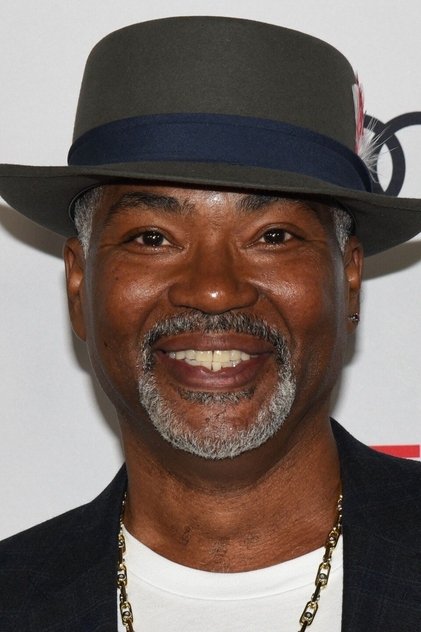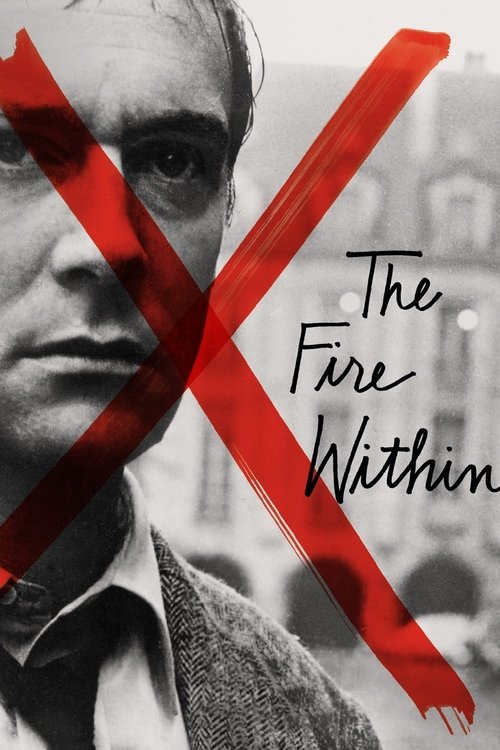

2024
·140m
Nickel Boys
Summary
Chronicles the powerful friendship between two young Black teenagers navigating the harrowing trials of reform school together in Florida.
Reviews
Brent_Marchant
January 9, 2025
The artistic choices a director makes while working on a film often contribute much to the success or failure of the finished project. When these decisions aptly suit the nature of the production, they can transform a commendable picture into a cinematic masterpiece. But, when they fail at this, they can unduly get in the way, and such is the case with this debut narrative feature from writer-director RaMell Ross. Based on the 2020 Pulitzer Prize-winning novel by Colson Whitehead, the film tells the story of two young Black men, Ellwood (Ethan Herisse) and Turner (Brandon Wilson), who reside at the Nickel Academy, a fictional Florida reform school based on the infamous Dozier School for Boys, an institution known for its notoriously abusive treatment. Set in the 1960s against the backdrop of the Civil Rights Movement, “Nickel Boys” depicts the horrendous atrocities inflicted upon the two friends and other “academy” residents, brutality that included acts of physical and sexual abuse, as well as the mysterious “disappearances” of those who fail to abide by the facility’s strict rules. This is obviously an important and troubling story, one that desperately needs to be told. But, despite the picture’s fictional treatment of a fact-based tale, the impact of the story is severely diluted in this anemic screen adaptation, primarily due to the filmmaker’s attempt at wrongheadedly trying to turn it into some kind of cinematic art project. Much like the director’s inexplicably Oscar-nominated documentary feature “Hale County This Morning, This Evening” (2018), this release is seriously burdened by an array of unsuitable cinematography choices, some of which are employed unevenly, some of which add nothing particularly meaningful and others that are just plain odd. When combined with the picture’s poorly penned screenplay – one rife with redundant, predictable sequences and tediously dull dialogue that tries to pass itself off as more profound than it genuinely is – viewers are left with an overlong, lackluster narrative that significantly waters down the relevance of the events being chronicled here and that could have easily pruned about 30 minutes from its excessive 2:20:00 runtime. In fact, were it not for the fine performance of Aunjanue Ellis-Taylor as Ellwood’s loving grandmother, there’s not much else worth watching in this exercise of style over substance. Indeed, how this offering has managed to capture the attention of the critics’ community is truly beyond me. An incensing tale like this deserves much better than what’s on offer in this disappointing slog, yet another of 2024’s disappointing celluloid failures.
Media
Status:
Released
Original Language:
English
Budget:
$23,200,000.00
Revenue:
$3,016,380.00












































